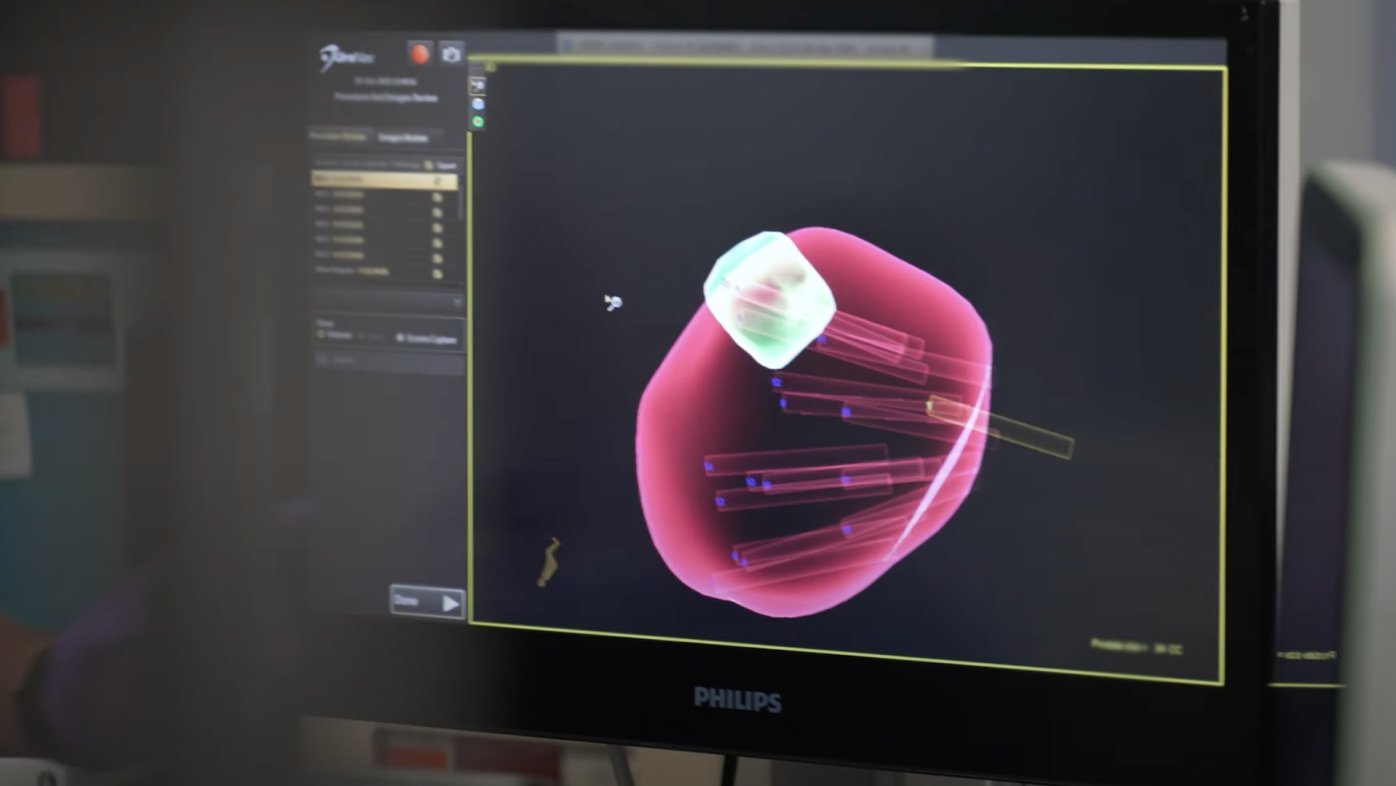
MRI guided prostate biopsy: A more accurate tool (video)
MRI guided prostate biopsy can provide a more accurate prostate cancer diagnosis to determine whether active surveillance or curative treatment is appropriate.
The County of San Diego recently announced Sharp’s four emergency departments (EDs) — as well as all other EDs in the area — have received “senior-friendly” emergency department accreditation. San Diego is the first region in the U.S. to have all of its hospitals earn Geriatric Emergency Department Accreditation (GEDA) through the American College of Emergency Physicians (ACEP).
A geriatric emergency department (GED) provides a senior-friendly experience to help older patients navigate what is often a hectic environment. GEDs feature staff — including physicians, nurses, case managers and social workers — trained and dedicated to emergency care for older adults.
GEDA levels range from Bronze, Level 3, to Gold, Level 1, the highest level. Sharp Grossmont Hospital is among only 24 hospitals in the U.S. to receive Level 1 accreditation. Level 1 defines an ED that provides an elevated, coherent system of care in the ED and throughout the hospital and targets specific outcomes for the improved care of older adults, both in the ED and after discharge.
According to county officials, only 15% of older adults nationwide have access to a senior-friendly ED. In San Diego, 100% of people 65 and older will now be treated in a GED offering specialized care and physical spaces catered to their specific needs.
“Evidence suggests older adults are at high risk for poor outcomes when hospitalized,” says Julie Dye, a clinical nurse specialist in geriatrics at Sharp Grossmont Hospital. “We plan to break this cycle by using evidence-based practices and protocols in our geriatric emergency departments with the goal of keeping older adults as independent as possible.”
The GED experience
Upon arriving at a Sharp ED, older adults receive expedited care to ensure they are quickly seen by a provider. Screening for functionality-at-home is performed to look for syndromes that place older adults at risk for losing their independence. These assessments include confirming the ability of patients to provide care for themselves and identifying memory issues; mobility struggles; uncontrolled pain; and symptoms of chronic illness, depression and abuse.
“It’s important to recognize the special needs of our geriatric patients,” says Dr. Diane Wintz, medical director of the Trauma Program at Sharp Memorial Hospital. “Their injuries have immediate, permanent consequences on independence, mobility and performance of daily activities, making protocols and standards applicable to younger adults inappropriate for this population.”
Illness in members of the senior population can also threaten independence, increase risk of falls or injury, or create uncertainty regarding timing of transition to higher levels of care within the home or a facility. GED teams connect patients to appropriate services to support recovery and healthy aging at home. After discharge, team members call patients to check on their progress and connect them with additional resources as needed.
“San Diego pioneered and has maintained a robust trauma system and laid the foundation for geriatric system growth,” Dr. Wintz says. “With the Gary and Mary West Foundation’s support, all hospital ERs in San Diego are now certified to provide care standards to patients 65 and older. This is just the first step in unifying our shared goals of focusing on what really matters as a society: supporting people as they age; maintaining them in their own homes longer; ensuring longer-term independence and safety within that environment; and guiding life’s transitional steps with compassion, empathy and understanding at the appropriate time.”
Our weekly email brings you the latest health tips, recipes and stories.